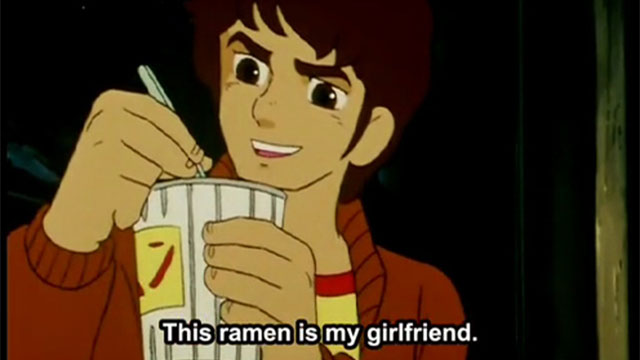
“Editorials are uptight, and comedy is seen as in a field outlet of its own.”

“It seems now that social media is so flooded with humor and irreverence that people no longer see it as having a place in the mainstream media,” he told the Guardian.

Purchased by Bustle media and led by a new editor, Leah Finnegan, Gawker’s reboot has added (or returned) a welcome blast of satire to a US media landscape that often lacks it.Īccording to James Brown, founder and editor of Loaded, a British magazine that started the lad-mag revolution of the 90s and whose account of that era “Animal House” has just been published, the mainstream US press has all-but abandoned satire. The rotation of subjects, relatively ideologically unrestrained, marks a return for an organization that had been dead.

Over the past week, the site has run stories that much of the media would sooner swerve: alleged anti-British, anti-Royal sentiments at the New York Times whether it was wrong for Meghan and Harry to hold hands at the Queen’s funeral (“Even for a family filled with perverts, this is beyond”) and if the Real Housewives of Beverly Hills are “too mean, too callous, too focused on tedious drama” to merit a show. Since a quiet relaunch a year ago, under entirely new owners, Gawker is once again starting to attract interest and readers – still purveying snark, still relying on attitude against elites – but without the edge of nastiness that got its original iteration in such trouble.


 0 kommentar(er)
0 kommentar(er)
